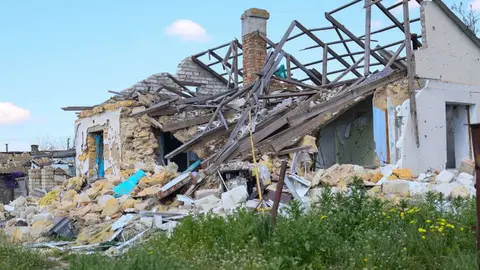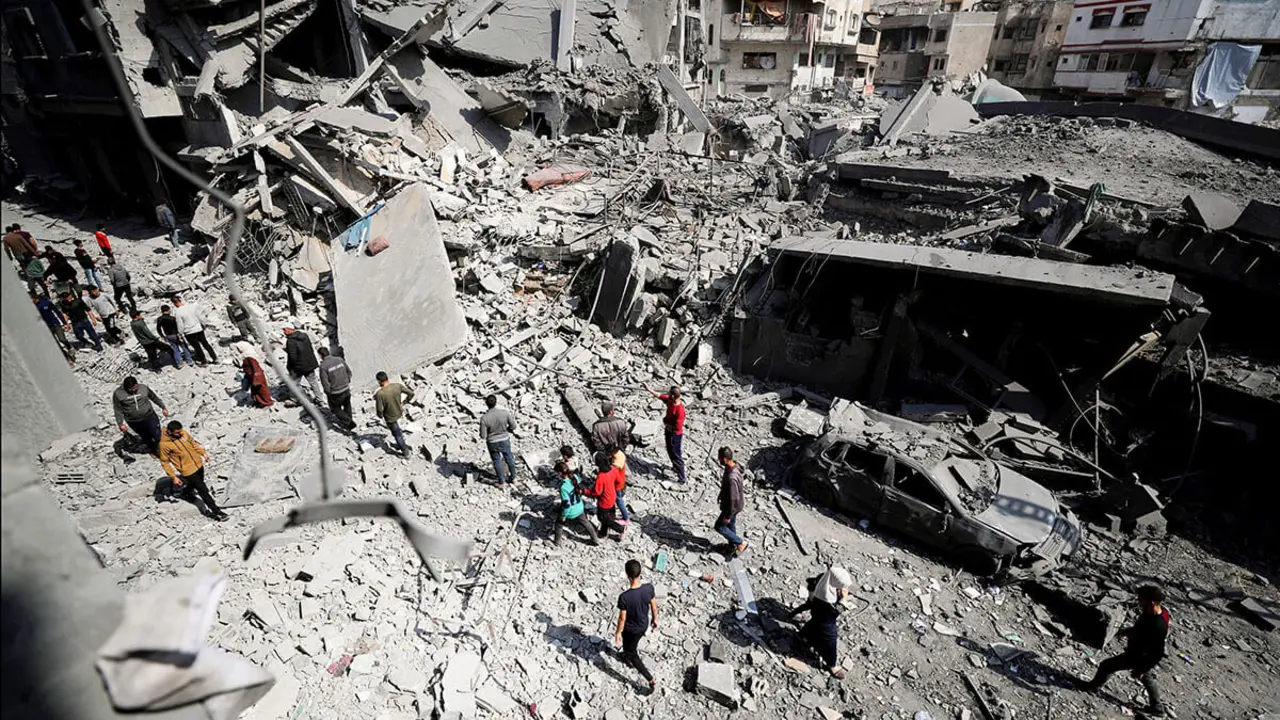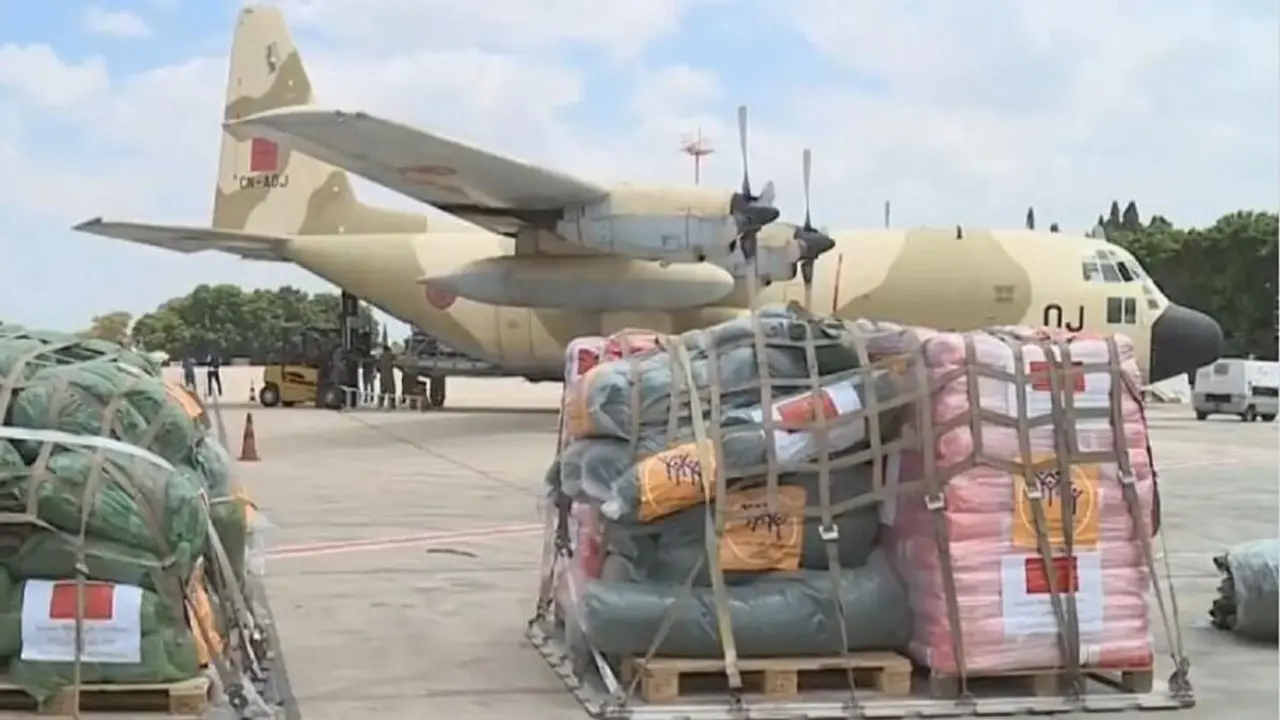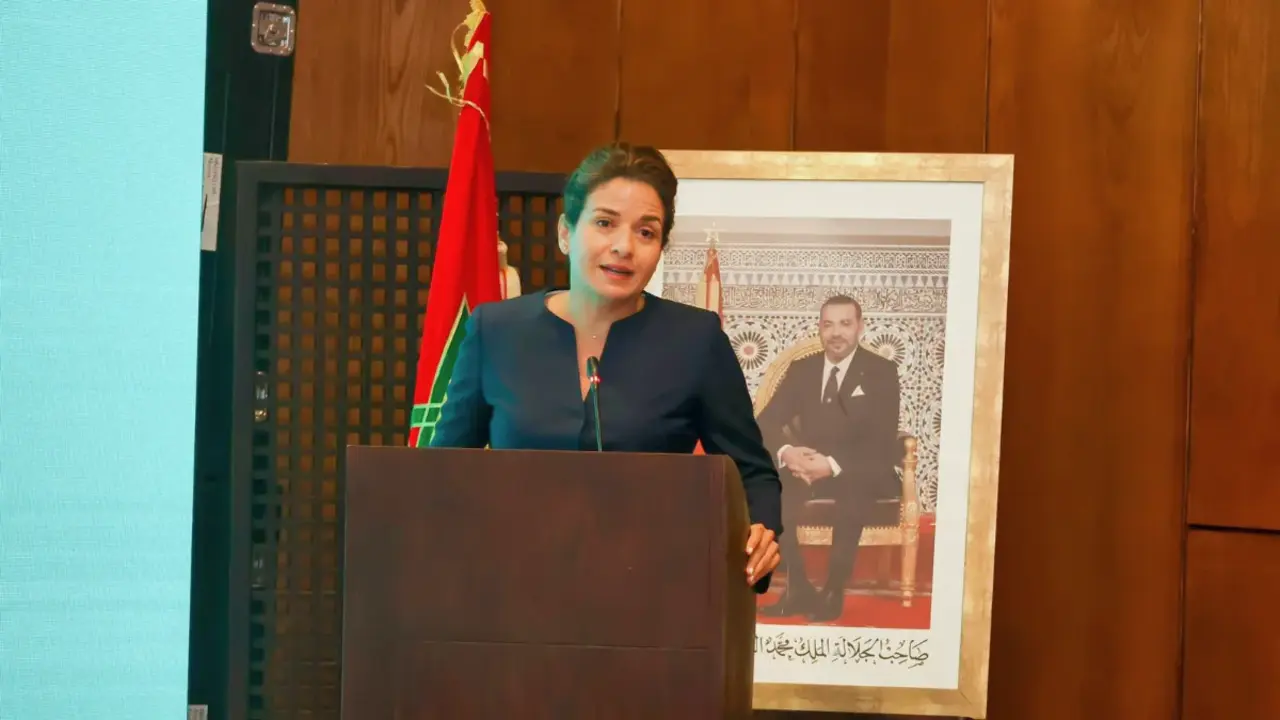Global refugee and displaced population reaches 110 million people

The UN Refugee Agency (UNHCR) reported that there are currently some 110 million forcibly displaced people in the world and expressed grave concern that a shortfall of $650 million by 2023 is preventing it from responding on the scale required to meet the enormous humanitarian needs of these people.
Worse still, the UNHCR High Commissioner said the outlook for the coming year is "even more worrying and dangerously low".
Filippo Grandi said UNHCR was facing one of the most difficult times in its 70-year history. "I have never been so worried in my almost eight years in this position," he said.
Grandi's remarks, delivered to UNHCR's governing body, come amid a series of conflicts - such as those in Sudan, Ukraine and Syria - that have pushed displacement to record levels.
More crises and less money for humanitarian aid
To illustrate the shortfall under which the Agency is operating, he cited the humanitarian response plan inside Sudan, which has included more than four million displaced people since April and is only one-third funded. As for the regional response to Sudanese refugees, which foresees $1 billion, it is only a quarter funded.
Grandi explained that some major donors argue that their humanitarian budgets are shrinking despite increasing crises.
Meanwhile, UNHCR is readjusting its plans and counting on private funding that will be "substantial, but not at the same level as last year, when the Ukrainian crisis triggered a huge solidarity effort".
He warned that the consequences of these funding shortfalls are severe and affect refugees and displaced people, as well as weighing on host countries (which remain the main donors of refugees). Funding shortfalls have already led to worrying reductions in food aid in Bangladesh and Jordan, as well as in several African countries, leading to increased return movements in some cases and negative coping mechanisms in others.
Conflict, the main cause of displacement
Grandi explained that conflict has so far been the main cause of forced displacement at unprecedented levels.
He added that as conflicts grow, so does the lack of respect for international humanitarian law, and civilians are the most affected as they are forced to flee for their lives, leaving everything behind to undertake arduous journeys to uncertain destinations where their suffering will often continue.
The High Commissioner listed conflicts that have caused much of the displacement in recent years, such as Sudan, Ukraine, Ethiopia, Syria and Myanmar, and warned that the current escalation between Palestinians and Israelis will inflict further hardship and could lead to serious instability in the already tension-ridden region.
"UNHCR does not have a mandate to address the immediate and tragic humanitarian consequences of the Israeli-Palestinian conflict, but it is present and active in the region. And it is present and active where war is forcing people to flee," he stressed, calling on the international community to support that work by providing the necessary funds to carry it out.
Risky journeys
Grandi noted that host governments and humanitarian organisations are doing their best, but with largely insufficient resources to stabilise populations. "No one should be surprised by people's decision to embark on dangerous journeys," he said.
In this regard, he detailed that among the people arriving in Tunisia and Italy today are Sudanese nationals who recently fled the fighting and made their way to countries neighbouring Sudan, where aid is largely insufficient.
UNHCR remains committed
"This reminds us of the sad situation in 2015, when thousands of Syrian and other refugees moved from the Middle East to Europe as aid dwindled. Indeed, the number of Syrians attempting to cross the Mediterranean is also increasing at a time when humanitarian assistance to Syria and neighbouring countries such as Jordan and Lebanon is once again facing drastic cuts," he said.
Grandi said that despite funding shortfalls, UNHCR remains committed to advancing solutions to displacement, even in difficult circumstances. Since the beginning of the year, UNHCR has responded to 44 new emergencies in some 30 countries. The latest emergency saw the arrival of 100,000 refugees in Armenia from Karabakh just days ago.










